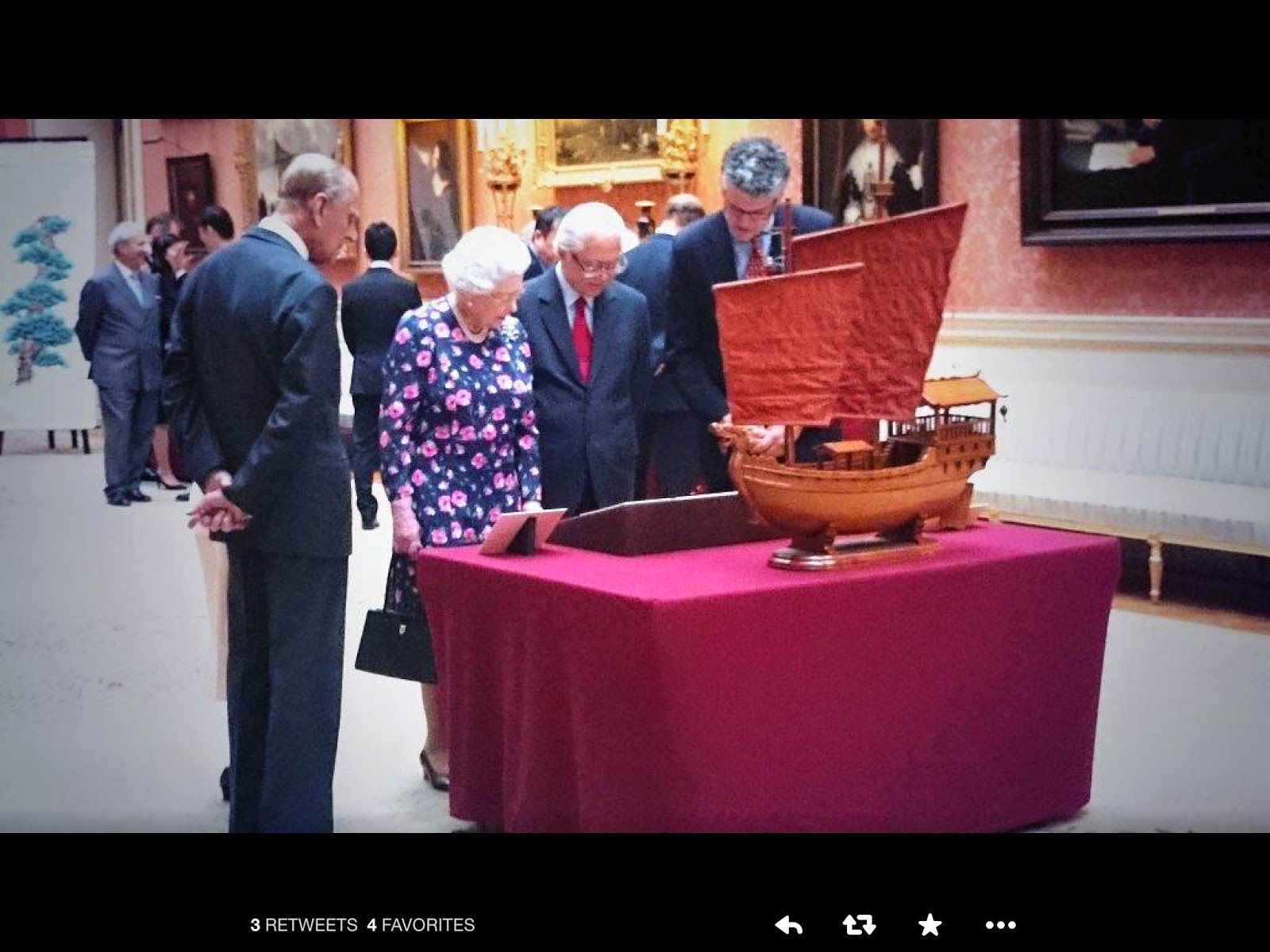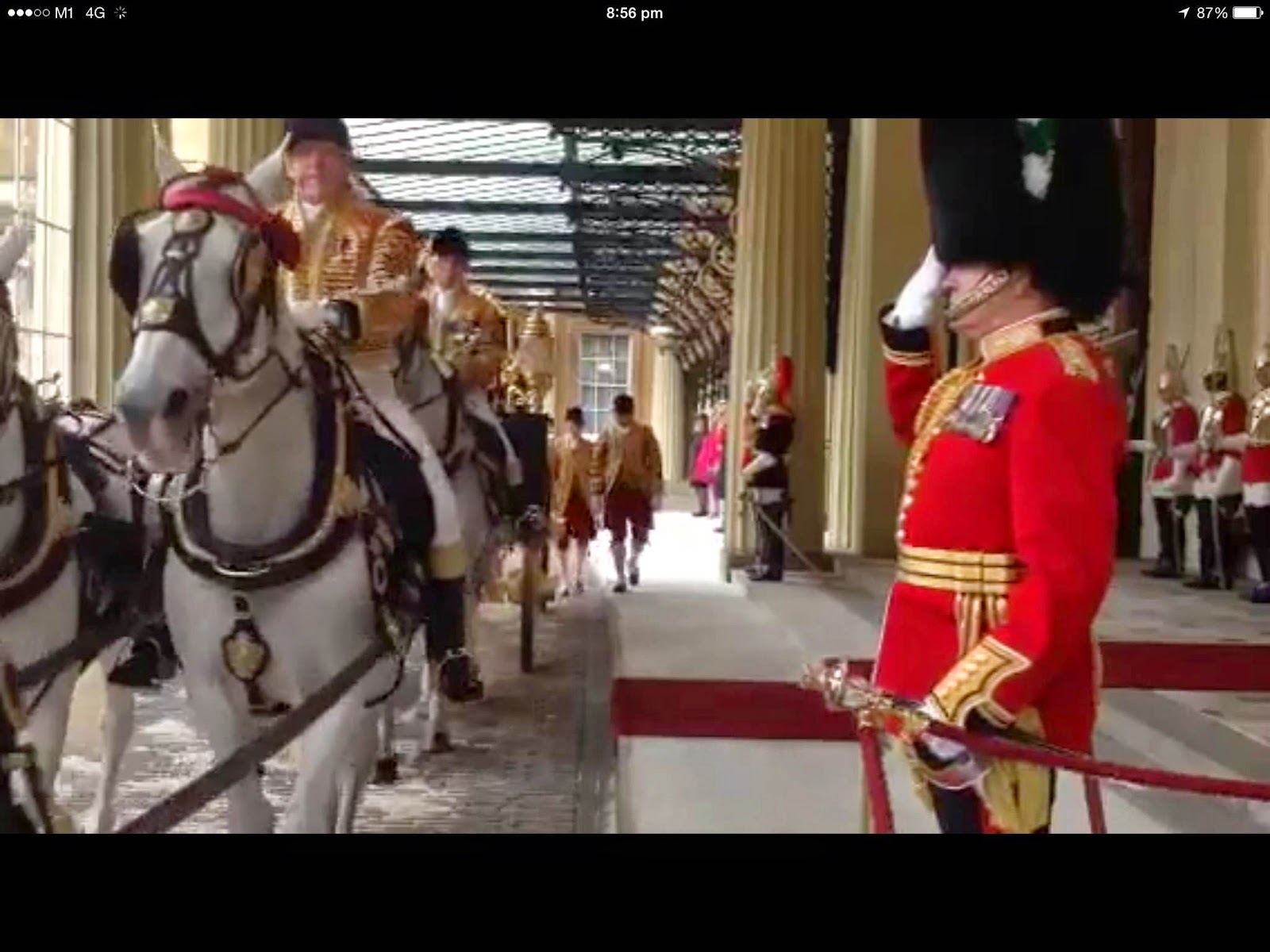I got this from
Mothership.sg. Here is
their article.
For those who did not attend the LKYSPP 10th year anniversary lecture, here are 10 remarks from Yeo that shows why his anticipated public appearance is worth waiting for
1. The impact of social media all over the world:
“The most profound impact is in the way hierarchies are being corroded by information technology disintermediating what kept this hierarchy intact in the first place. Sometimes by ignorance, sometimes by hypocrisy. Sometimes by rituals. Sometimes by selective information and disinformation.”
In the past, a child could become an emperor because he’s all dressed up, protected by courts, by music, by distance, and people bowed. Today, the cameras are everywhere. The microphones are everywhere. And if you are not authentic, you will be laughed at. The emperor has no clothes. This has changed relationships in a profound way. Between parents and children. Between teachers and students. Between doctors and patients. Between priests and laity. Between government leaders and voters.”
2. A leader playing the role of a student:
“Indeed I have come to the conclusion that whatever organisation you head you are likely to understand a small fraction of it. You have to depend on others. And so I go around and I play the student, I ask questions, I ask for help. I ask how I can be helpful. People respond. You create an energy field where there are multiple nodes of activity and you yourself constitutes only one node, hopefully a node which will grow in importance.”
3. On Singaporeans connecting emotionally through Singlish:
“We are very diverse in Singapore. You go into a hawker centre, and you just distill and listen to the cacophony. Then you said yes, this is Singapore… It is a Singapore which is constantly, incessantly, insistently, multi-lingual, not only between sentences, but within sentences, in the actual syntax itself. Mind you, it makes it more difficult for us to learn English or Chinese to a high level, but we understand each other. And sometimes to establish our emotional connections, all of us will switch occasionally to Singlish in order to make a point that we belong to a community.”
4. Advice on how the Singapore public service can adapt to changes
“You must insert yourself into the community, into the problem…in order to understand it holistically and to effect change from within. You cannot be a bureaucrat sitting on high, reading papers, doing statistical analysis, prescribing solutions. The Singapore civil service is probably the best administration in the world today and the reason why the LKY school has been able to grow so rapidly in the last ten years is because of the story of Singapore.
But given the nature of the world today, the challenge of technology and the digital revolution we must do it even more and insert ourselves into the daily lives of Singaporeans… It is very important that those who are in charge do not lead and live separate lives, and to the extent that we can be one community, we will be a strong society.”
5. The political balance of public expenditure and public savings
“For as long as Singaporeans think that the government is rich, they will say look, c’mon, pass some over. But in fact, we have nothing. We are only a small island. We have no natural endowments. And what we have – I don’t know how many hundred billion dollars we have, even if you double it, what is that, compared to what others have, in the ground, in land, underwater?
And in a crisis, if we have nothing, how do you sustain a diaspora?
So yes, there must be a sense that the ordinary needs of a Singaporean has got to be looked after, and a proper balance between spending of the generation today and saving for the future generation. That balance is a political balance. The government now is re-tweaking the balance, re-calibrating it, fearing it will go too far, because that will consume itself, but knowing that if it does not proceed enough, then there is no deal in the first place.
6. On militant group ISIS
“Using Christian armaments to defeat Muslim malignancy will only make the malignancy worst in the long term. And therefore, conceptually…in terms of treating the problem in a deep way, this problem has got to be resolved in the ummah itself within the world of Islam itself.
It is really the battle of the soul of Islam….
All of us non-Muslims have a vested interest in the good health of the Islamic community, and we should be supportive of them in whatever way we can, knowing at the same time that what we do is at best a supportive effort.
7. Singaporeans’ special advantage
Our ability to operate in a diverse environment…That gives to Singapore a special quality. The ability to work in dense networks and be able to connect to different cultural domains, and to turn it into our own economic advantage. Ultimately, what drives Singapore, what gives Singapore our special advantage is the ability to arbitrage across cultures.
8. Hong Kong student protests
“Apart from the high politics, at the atomic level, we have good people who are responsible who care for one another, I think upon these bricks you can build the most wonderful structures. But if the bricks are weak or crumble, then however you try, however brilliant the architect, nothing much is going to come out of it. So when I look at Hong Kong, I said yes there are problems, and the future is uncertain, and many things are not within their control, but they have good people, strong people, and they will survive.”
9. His philosophy in life:
“I try wherever I am to be of some use to people around me. And that will give me enormous satisfaction. We are only for a brief period what we are, from dust return to dust. During the period when we are whole, let the world remember us for our contributions, and not wish that we have not existed. So whether we do big things or small things, it doesn’t matter, make a difference, and make it a better world.”
10. A new narrative for Singapore:
“In medieval times, the future was first to be discerned in the free cities. So the future, with all its uncertainties, is perhaps easiest to be discerned in the free cities of today, and Singapore should aspire to be one such free city.”
11. Being optimistic about Singapore’s future:
“This half of the world will be the happier half of the world. And Singapore is right in the middle…We are in the centre of a region, where there is a lot of hope for half the humanity. And how do we prosper? By inserting ourselves into it, in this multi-faceted network. And we are small. We need only a few tiny crumbs to enjoy a good life in Singapore, to make this a wonderful place. So I am optimistic.”
A lot to learn from the words above. Thanks for reading.

















































